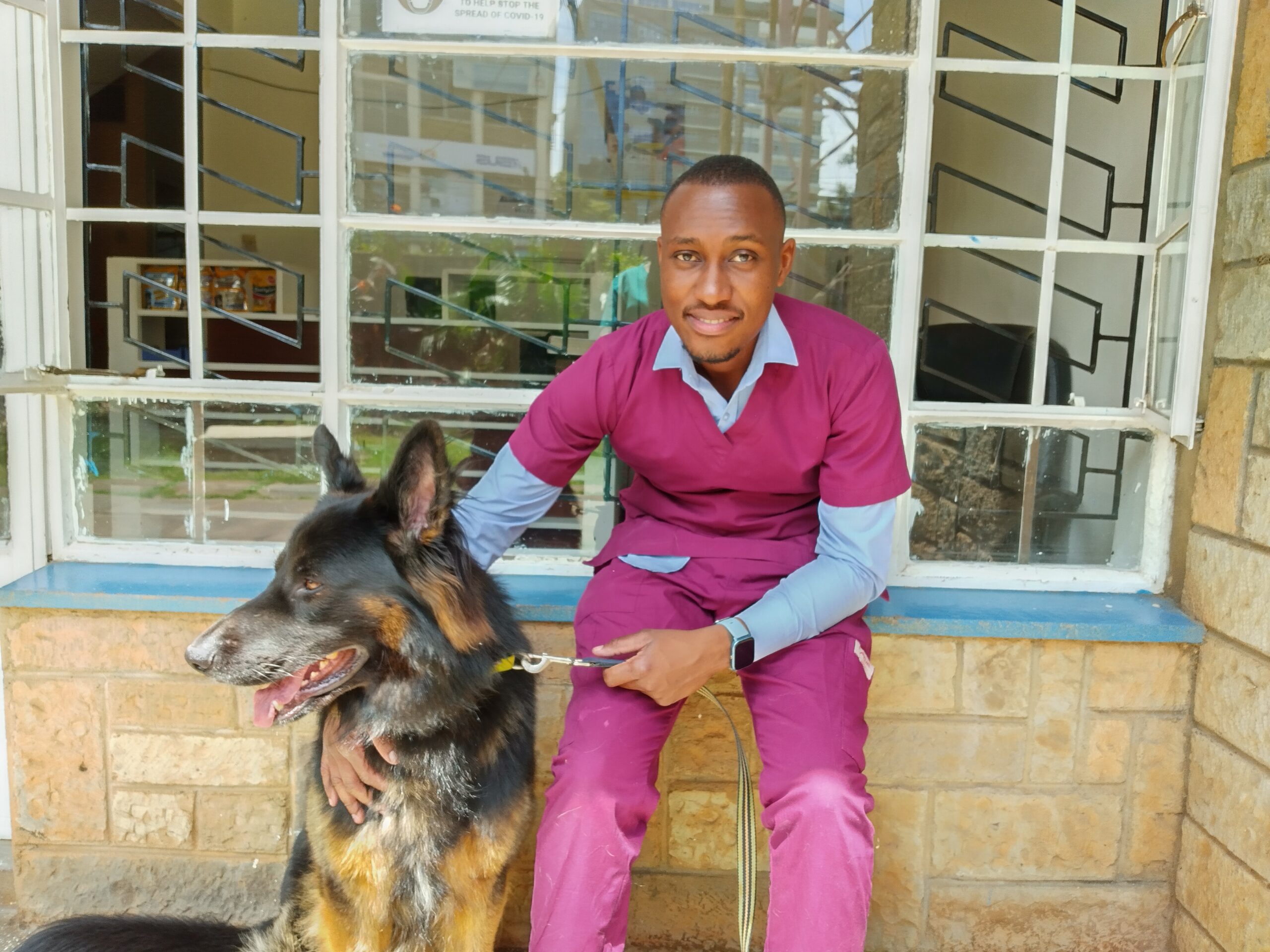If you suspect puppy worms, it’s crucial to consult with a veterinarian as soon as possible for proper diagnosis and treatment. Worm infestations can be common in puppies, and they can have various types of worms, such as roundworms, hookworms, tapeworms, and whipworms.
Here are some signs of puppy worms:
- Visible Worms: In some cases, you might actually see worms in your puppy’s feces or around the anal area. Different types of worms can look different, so it’s essential to consult a veterinarian for identification.
- Vomiting: Worms can sometimes cause vomiting in puppies.
- Diarrhea: Changes in stool consistency, especially if it contains blood or appears mucus-like, can be a sign of a worm infestation.
- Weight Loss: If your puppy is losing weight despite having a good appetite, it could be due to worms absorbing nutrients from their food.
- Lethargy: Worm infestations can lead to a lack of energy and enthusiasm in puppies.
- Bloated Abdomen: Some puppies may develop a swollen or distended belly due to a heavy worm burden.
Prevention of Puppy worms
Preventing worm infestations in puppies involves a combination of proper hygiene, regular veterinary care, and preventive measures. Here are some guidelines to help prevent worms in puppies:
- Regular Veterinary Check-ups: Schedule regular veterinary check-ups for your puppy. Veterinarians can perform fecal examinations and recommend a deworming schedule based on your puppy’s health, lifestyle, and risk factors.
- Deworming: Follow your veterinarian’s recommendations for deworming. Puppies are often dewormed at specific intervals, starting from a young age. Regular deworming helps eliminate and control intestinal parasites.
- Clean Living Environment: Keep your puppy’s living environment clean. Remove feces promptly from the yard, and clean up any indoor accidents immediately. This helps prevent the spread of worm eggs.
- Regular Grooming: Keep your puppy’s fur clean and well-groomed. This is particularly important if your puppy is prone to playing in areas where other animals may defecate, as this can reduce the risk of picking up external parasites.
- Control Fleas: Fleas can transmit certain types of worms, so it’s important to control flea infestations. Consult your veterinarian for safe and effective flea prevention options.
- Avoiding Raw Meat: While a raw diet has become popular for some dog owners, feeding puppies raw meat may increase the risk of parasitic infections. Consult your veterinarian for advice on nutrition and safe feeding practices.
- Prevent Hunting and Eating Wildlife: Puppies that hunt and eat rodents or other wildlife may be at an increased risk of contracting certain types of worms. Supervise your puppy and discourage behaviors that involve eating potentially contaminated prey.
- Isolate Infected Puppies: If you have multiple puppies and one is diagnosed with worms, it’s essential to isolate the infected puppy until they are treated and no longer shedding worm eggs.
If you observe any of these signs or suspect that your puppy may have worms, it’s essential to take them to a veterinarian promptly. The vet will perform diagnostic tests, such as fecal examinations, to identify the type of worms present and prescribe the appropriate treatment.
Do not attempt to treat your puppy for worms without consulting a veterinarian, as different types of worms require different medications, and the dosage needs to be tailored to your puppy’s weight and health status. Additionally, the veterinarian will provide guidance on preventing future infestations through proper hygiene, regular deworming, and other preventive measures.







